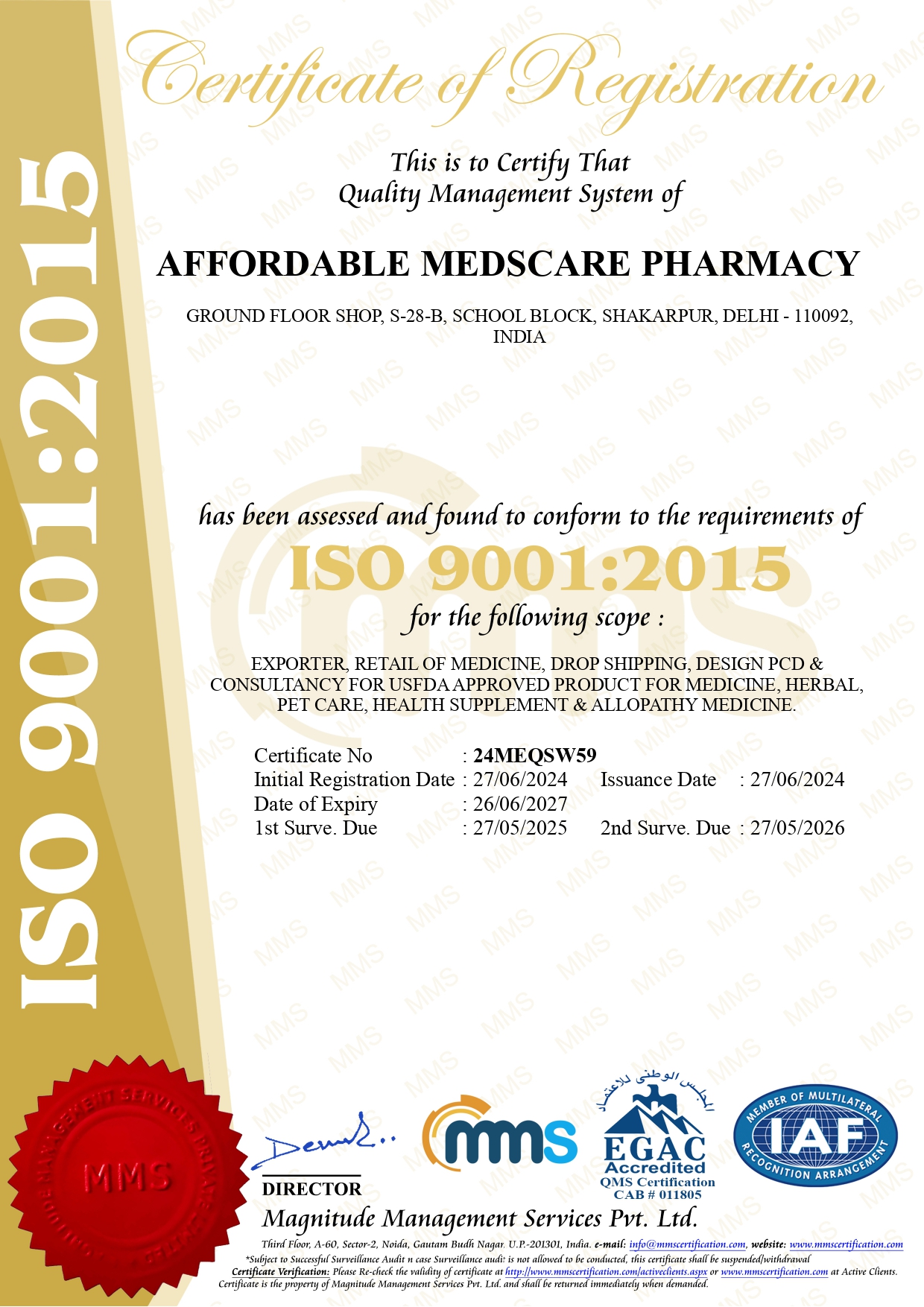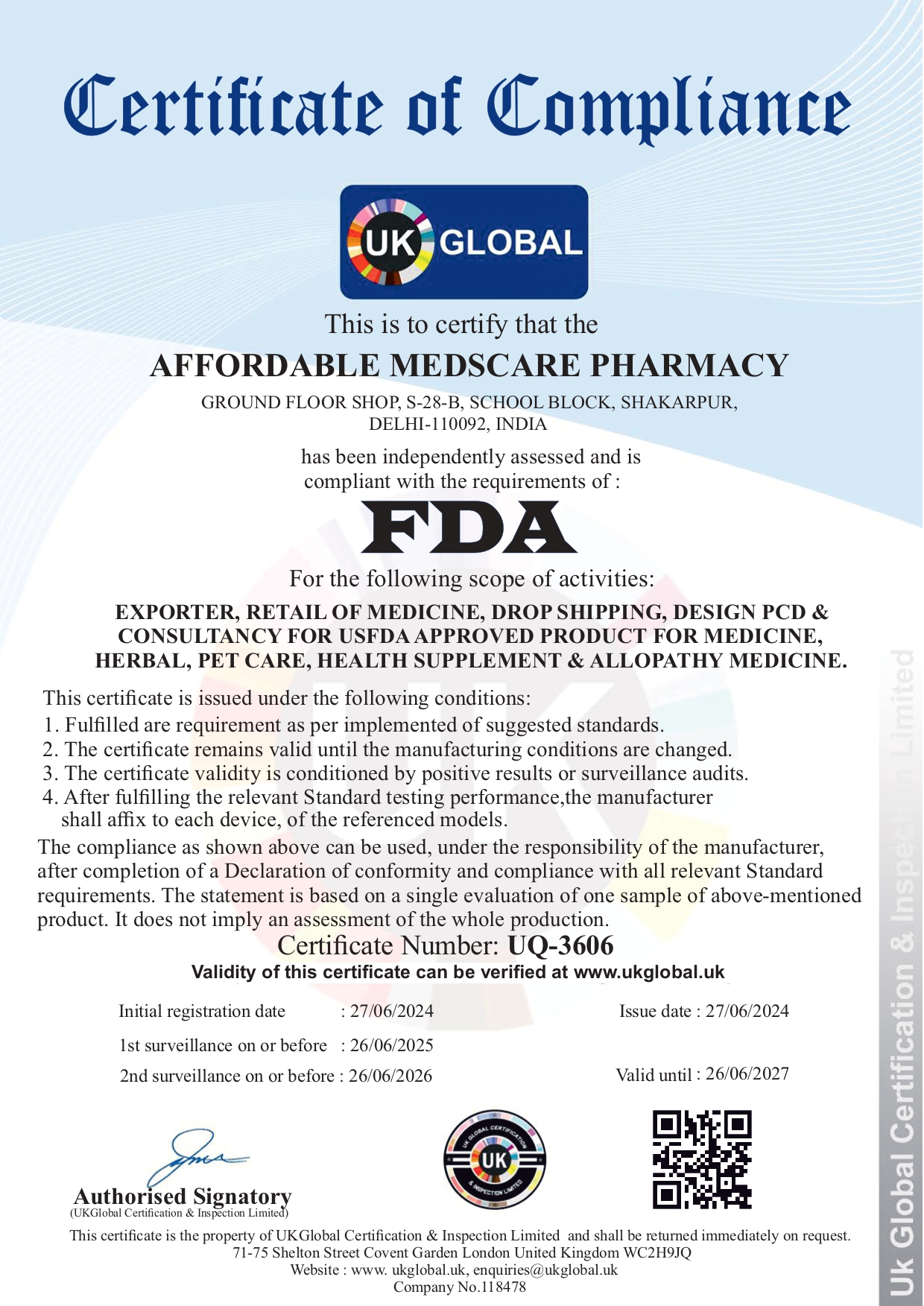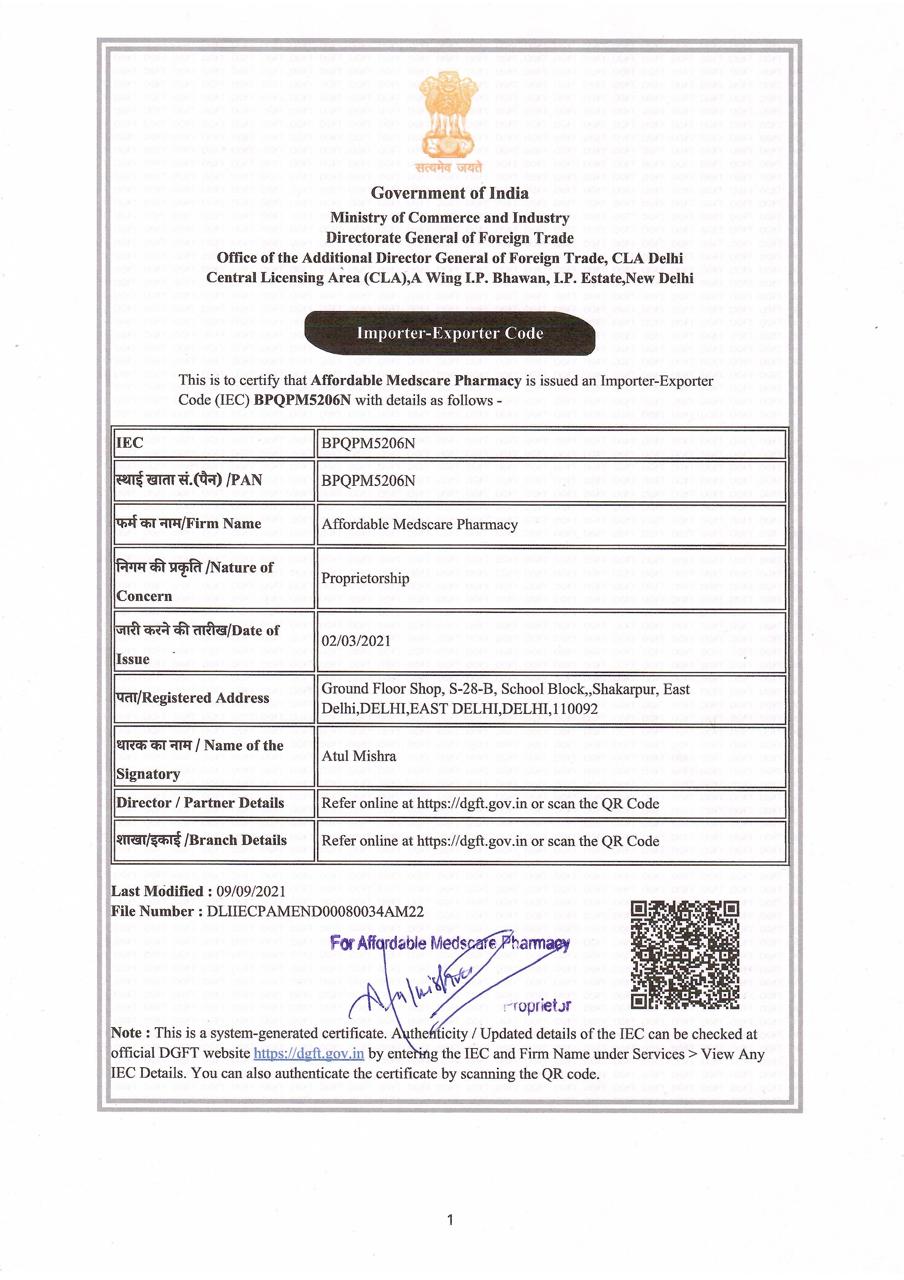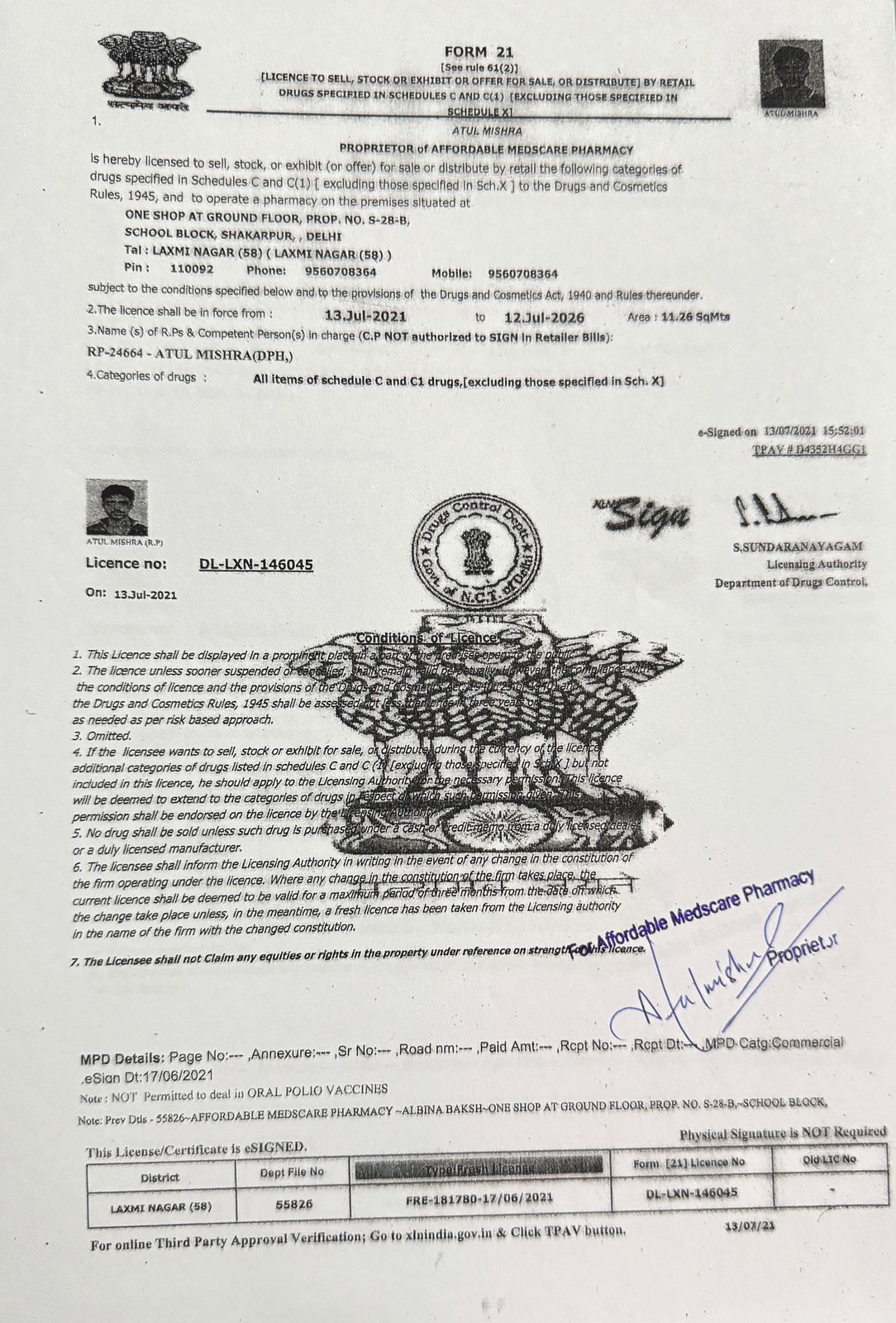ISO Certification
ISO 9001 is the international standard which defines Quality management system specifications (QMS). Organizations are using the standard to show their commitment to offer goods and services reliably satisfying consumer and regulatory criteria. It is the most common ISO 9000 series standard and the only one in the series to be certified by organizations. Certifying can be a valuable way to improve trust by proving that the product or service matches your consumers' needs. The International quality management system ("QMS") standard is ISO 9001. A organization must conform with the specifications of the ISO 9001 Standard in order to be accredited to the ISO 9001 Standard. The standard is used by companies to demonstrate their ability to reliably provide consumer and regulatory goods or services and to provide quality progress. ISO 9001 measures the adequacy and effectiveness of the quality control system and forces you to recognize and incorporate changes. Constant enhancement ensures that the clients prosper from receiving products/services that fulfill their needs and ensure quality results. The company internally benefits from increased employee satisfaction, better ethics and better organizational performance (Scrap reduction and productivity boost).
What is ISO 9001's goodwill?
ISO 9001 supports companies, and in their process provides numerous rewards including happy clients, managers and staff, to ensure that their customers offer high quality goods and services regularly.
As ISO 9001 lays out the criteria for an appropriate quality management system, organisations are expected to use the standard:-
- Creating customer satisfaction, executives and staff
- Improve their procedures continuously
- Set up a QMS (Quality management system)
- Cost saving
Authorized IEC (Import And Export Code): -
INFORMATION: -
In this day of fierce competition, everyone wants to expand their firm outside the confines of their own market. Doing business on a worldwide scale has become easier thanks to the internet and technology. However, before conducting business on a worldwide scale, you must follow multiple processes and rules, as well as get several registrations and licenses. When considering importing or exporting from India, one of the necessities is an IEC (Import Export Code) license. It is also known as the Import-Export Code.
WHY IS IT SO IMPORTANT? -
Anyone wishing to start an import/export firm in the nation must first get an IEC (Import Export Code). It is issued by the Director General of Foreign Trade (DGFT). IEC is a 10-digit code with lifetime validity. Generally, importer traders cannot import products without the Import Export Code, and exporter merchants cannot benefit from the DGFT for the export scheme, etc., without the IEC.
Authorized Medicine License For Dispensing: -
The drug license's objective is to provide authority to firms or individuals to participate in drug and cosmetics-related industries. In India, no company or individual can conduct business dealing with pharmaceuticals, medications, or cosmetics without first acquiring a drug licence.
WHY IS IT SO IMPORTANT? -
Access to medications and substances must be controlled and regulated to prevent persons from abusing or misusing them. All chemists, distributors, retailers, producers, sellers, dealers, and importers of medicines, cosmetics, ayurveda, Siddha, and Unani medications must get a drug licence under the medicines and Cosmetics Act of 1940.





